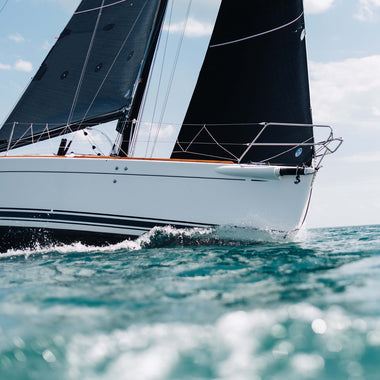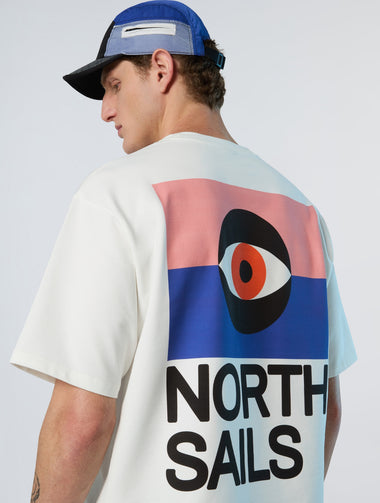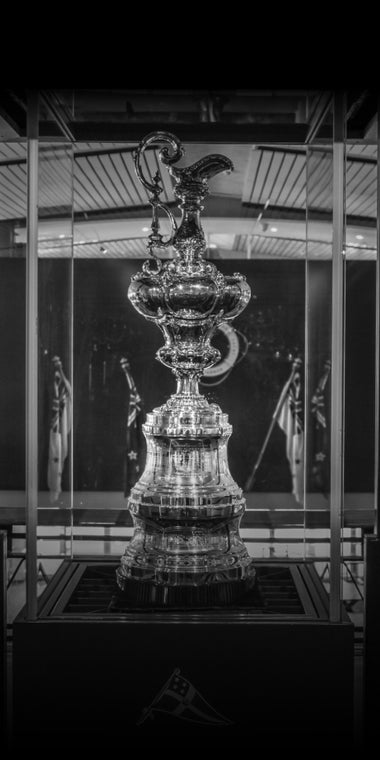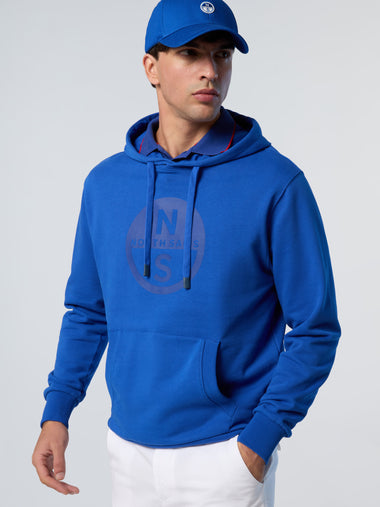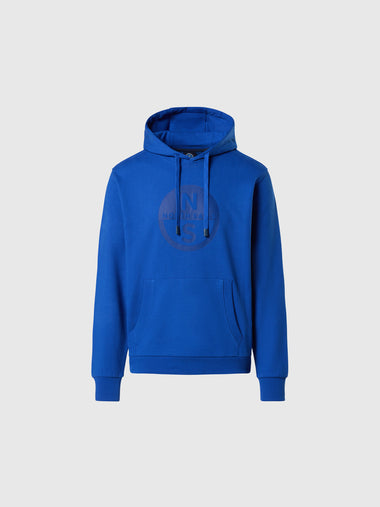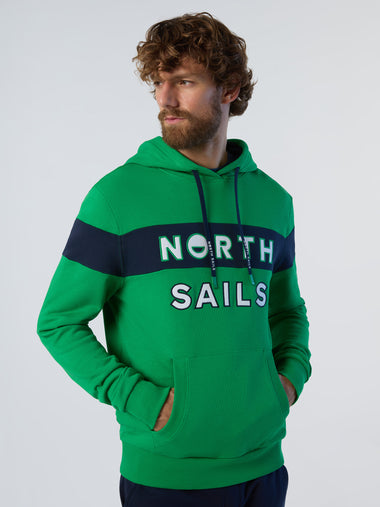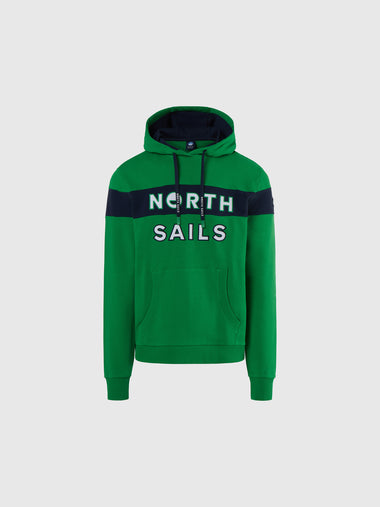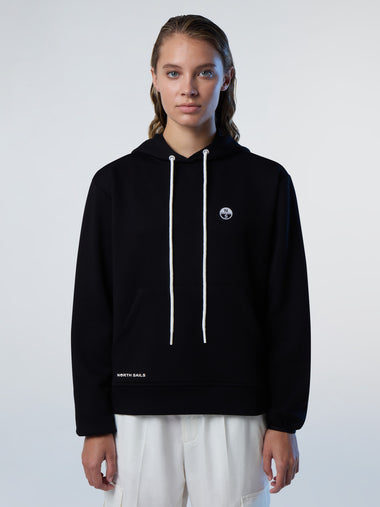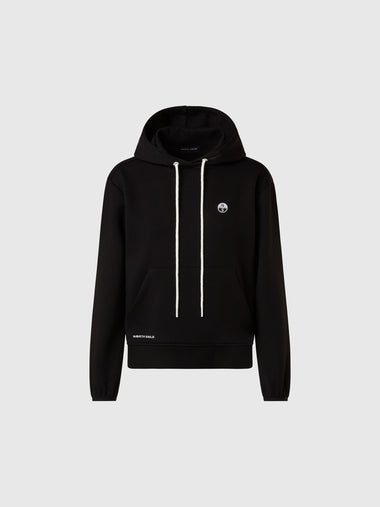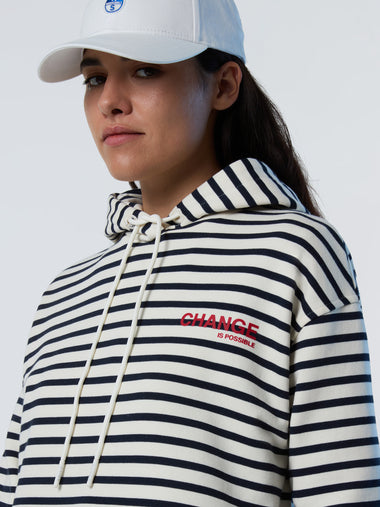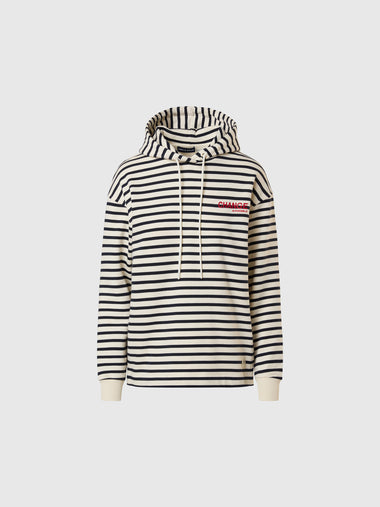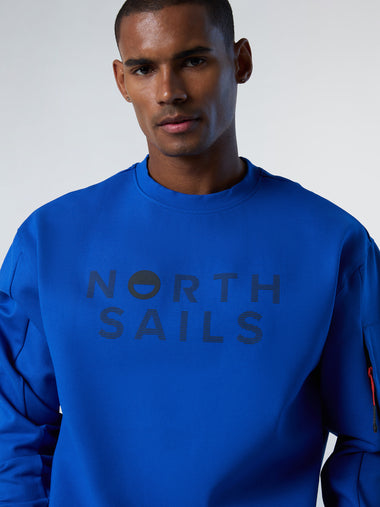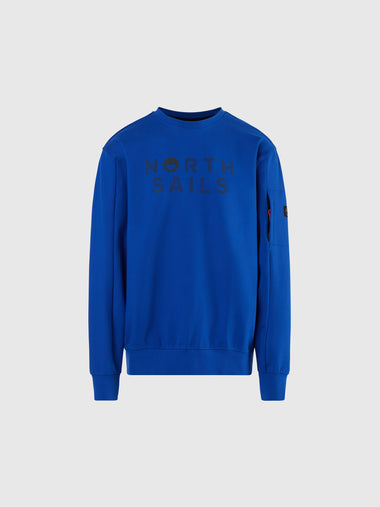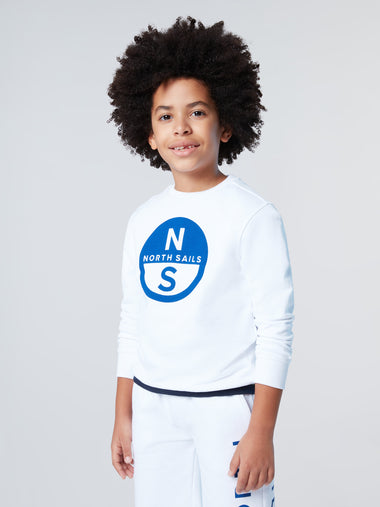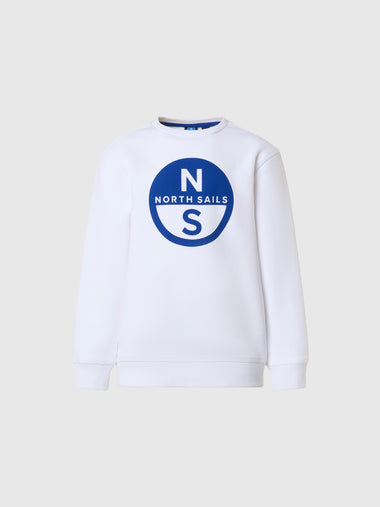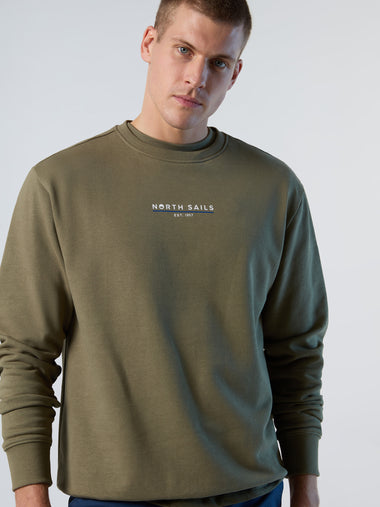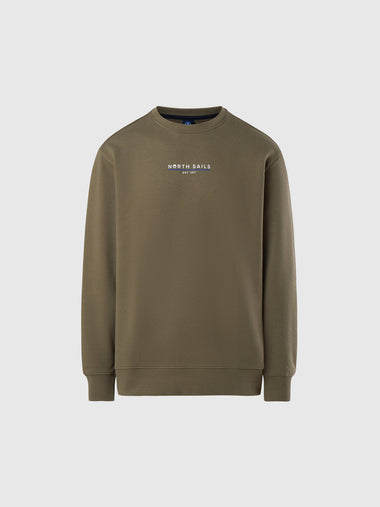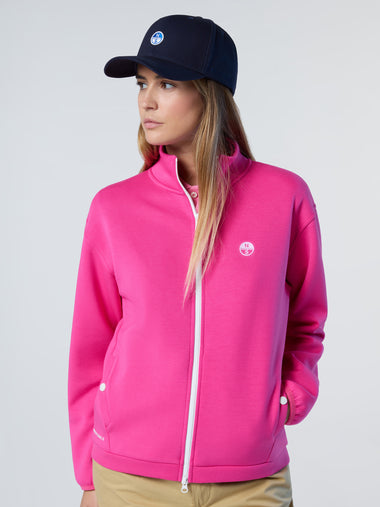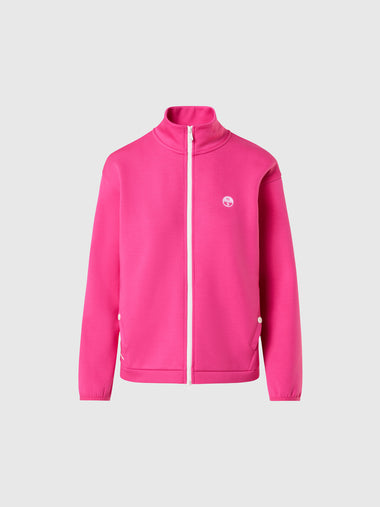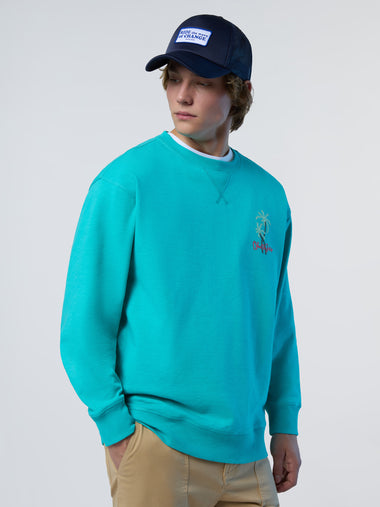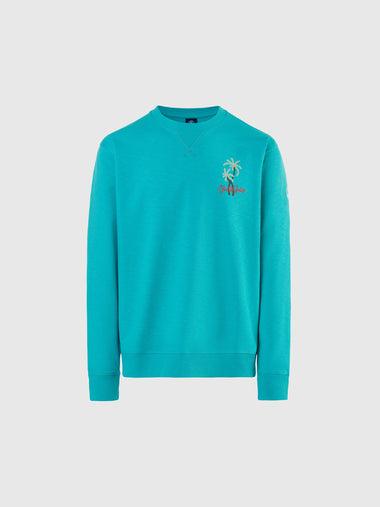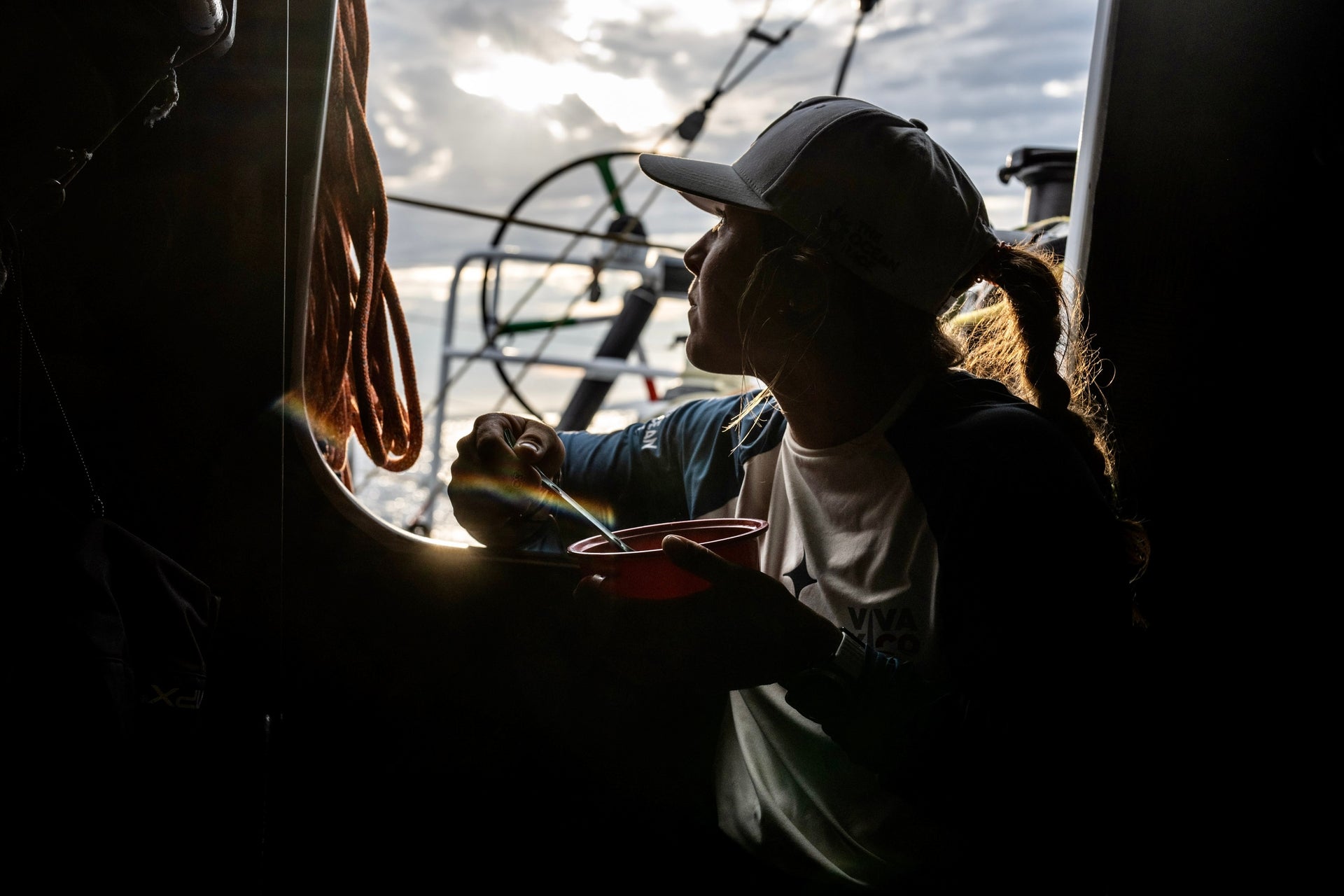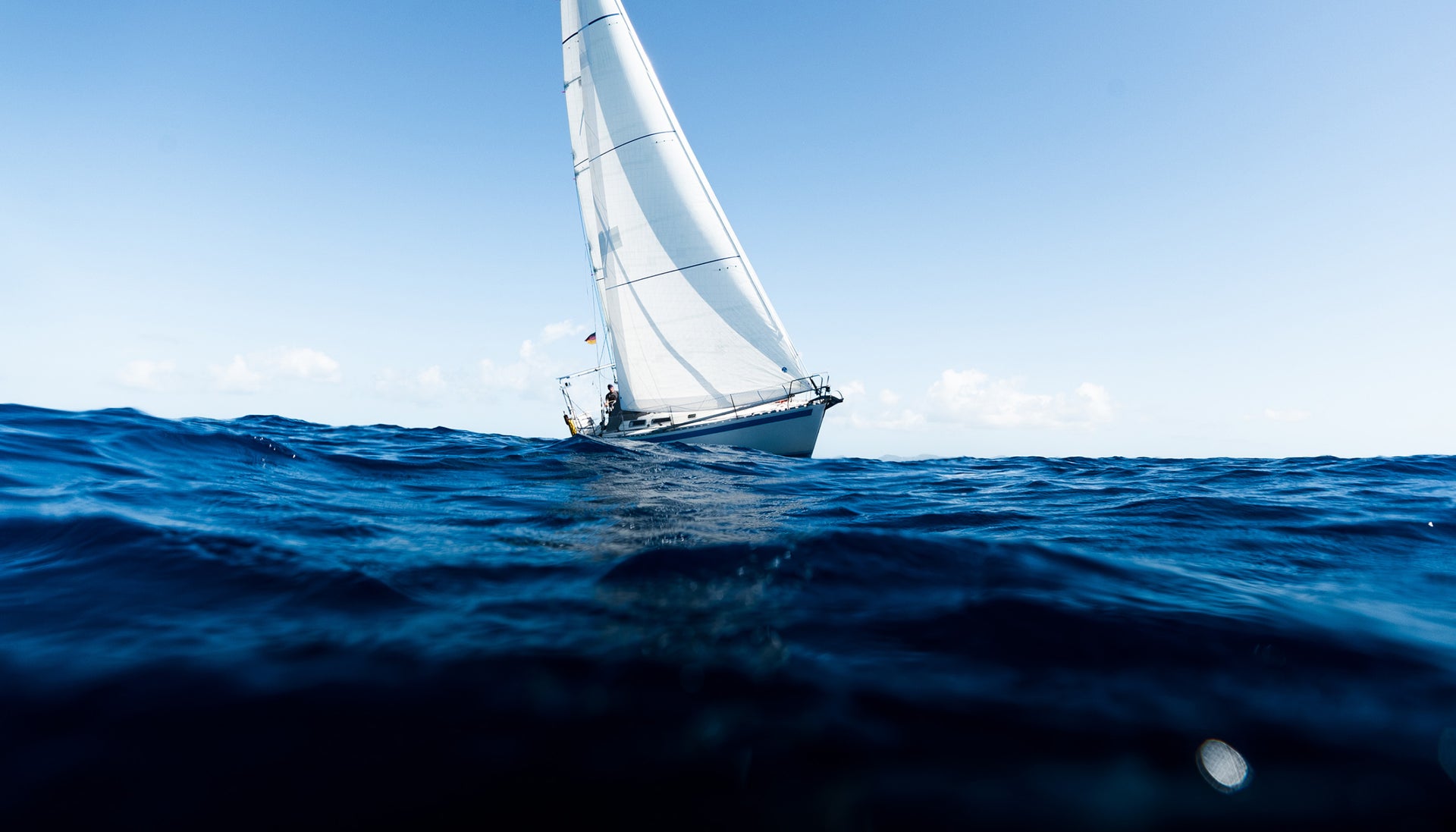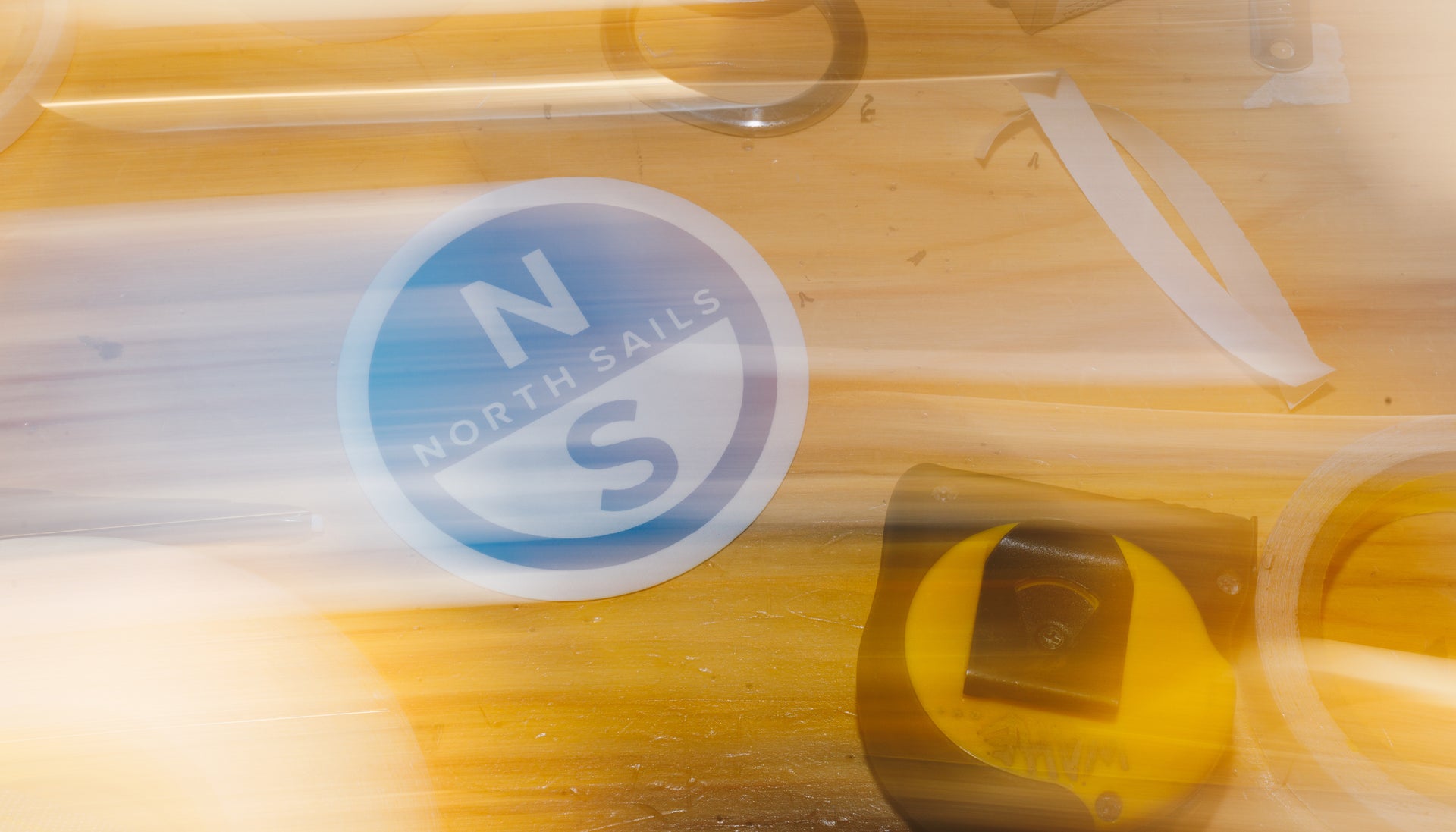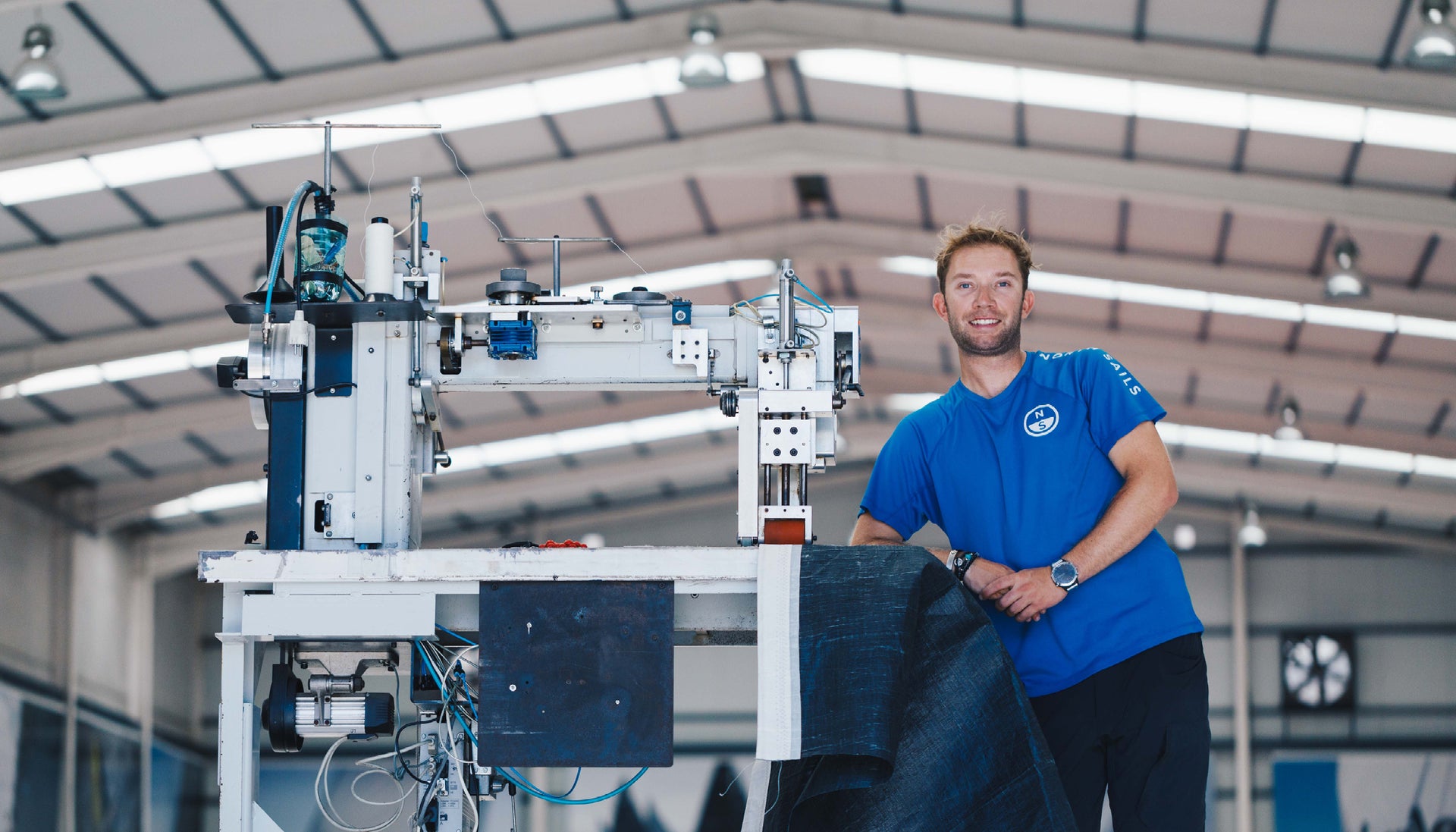PROVISIONING FOR DISTANCE RACING
Preparing A Meal Plan For An Offshore Marathon
For many teams, preparing for any offshore race begins immediately after the finish of the previous edition. Here’s what Sarah O’Kane from Shorebase, a logistics company, says is important to properly provisioning for your next offshore adventure.
BEFORE PLANNING ANY OFFSHORE MENU, CHECK:
- Number of crew onboard
- Food allergies
- Length of race
- Facilities to cook on (Gas or hot tap, or both)
- Refrigeration space (if any at all)
MAIN POINTS
Plan on three meals a day with snacks in between. Energy supply needs to be constant, but meals should be simple and easy to create.
PRE-PACKAGING
To minimize weight, simplify consumption, and avoid waste, remove all packaging and vacuum-seal both meals and snacks into pre-measured portions/days. This will save time, whether you’re cooking a full meal or just grabbing a quick snack. It will also help avoid going through your supply too fast. And it removes the potential for losing any provisions to water damage.

WHAT TO PREPARE
Most boats are weight sensitive and don’t have a ton of options for preparing food. Prepared sandwiches and precooked meals are realistic for the first day or so, but after that freeze dried will be the best option. A good idea is to have a mounted kettle to make hot water or the full pro set up: a hot tap on demand.
SERVING SIZES
Each serving should be a reasonable size. You don’t want to over feed, but you do want to provide the team with enough energy. Portion control (buy individual or watch) is also important for everyone on board, so you don’t deplete your supply too soon.
Thermal cups are a great option. You can still enjoy a nice hot cup of tea / hot chocolate or coffee without it cooling too fast or getting doused.
TIPS FOR PREPARING MEALS
Keep it simple and high quality. Every extra ingredient you add beyond the basics potentially eliminates somebody from liking it.
Choose foods that are easy to digest and provide a long slow burn of fuel.
You may encounter weather that will limit food preparation, so make a plan that will work in all types of weather.
For a light air race, the crew will snack/consume more. In heavy weather, the crew tends to forget to eat enough. This is why it’s important to make eating as easy as possible.
Sugar (cubes or tubes; avoid loose) and coffee need to be stored in watertight containers.
FOODS TO AVOID FOR DISTANCE RACING
Not everything keeps well at sea. Fresh veggies may go bad after only a day or two, and many meats need to be refrigerated properly or become high risk (this is where jerk/biltong come into their own). Choices and limitations depend on your specific location and predicted weather conditions.
High sugar foods are not good for distance sailing. They give you energy spikes but leave you craving more. Should the weather turn ugly, make sure you have food that doesn’t require cooking.
SUGGESTED MAIN COURSES
Anything fresh made with curry or chili will keep for longer periods of time thanks to the seasoning/natural preservatives, but keep it mild (and anything with too much garlic will NOT be popular).
OPTIONS THAT PLEASE MOST PALATES AND KEEP WELL:
- Porridge (good breakfast option)
- Stews (freeze dried or fresh for the first night)
- Pasta (Pre cook the pasta so you only have to heat the sauce and mix in)
HOW TO MAKE 'PLAIN' MEALS MORE APPEALING?
Freeze dried food has come a long way in the last 15 years. However, some need a little flavor enhancing. Olive oil, dried herbs and spices, chili sauces, Tabasco, and worcestershire sauce will enable each crew member to personalize their food.

SNACKS
There are tons of snacks and bars out there, but the ingredients in many are not that great (loaded with white sugar). If someone can make power snacks, those are the best option, because you control the ingredients. Otherwise take some time and read the ingredients on different bars; you want low in sugar for slow releasing energy.
Nuts and dried fruit are excellent options, or wasabi peas for those who like the heat. Jerky or any type of dried meat is good. Trail mix is another great addition to the snack bag. If you want to add chocolate to the trail mix that’s fine, but consider the climate (chocolate melts at 86 degrees Fahrenheit / 30 celsius).
If you are leaning towards fresh fruit, remember that only certain fruits will keep onboard for prolonged periods of time. The best storage is in a net or basket hanging aft down below.
Dark chocolate is better than milk chocolate and a good morale builder for the late night watch. It also helps kill sugar cravings.
Pre-packing food gives you the opportunity to create portioned day time and night time snacks. This will help combat the urge to overeat. Evening watch calls for more caffeine and dark chocolate; they are great items for this time of the race, as it gives that extra energy to stay alert and keep going. Daytime snacks should contain more of the dried fruit nuts and jerky, for a boost without feeling sluggish.
IMPORTANT ITEMS TO REMEMBER IN YOUR PROVISIONING KIT:
- Waterproof matches
- Cooking utensils/ reusable plates/ flatware
- Washing up liquid
- Cleaning sponge / pot scrubber
- Toilet paper
- Wet wipes
- If possible, put all your oils, hot sauces etc into squeezable bottles (lighter / don’t break/ easy to use)
- Enough gas (canisters)
- Ziploc bags for multi use (keeps items dry and organized)
- Sun block
COOKING ONBOARD: KEEP IT SIMPLE
Feeding the crew needs to be easy to keep everyone energized, but it doesn’t require a lot of extra equipment. One pot, one kettle is all that’s needed. The pot can be used to cook or add water to food to rehydrate, as well as to boil water.
Designate a bowl, plate, and flatware for each crew. They are in charge of keeping their dishware clean and stowing it.

REHYDRATION IS A BIG PART OF REFUELING PROCESS
Cramps, hunger pains, and lethargy are common signs of dehydration. Water with electrolytes are the best way to rehydrate; avoid anything with high sugar content. People tend to drink less when the weather becomes bad, and drink more (and consume more food) when the weather is calm. When the weather is bad you need to keep fluids up! (Exerting while in wet weather gear, you consume a lot more body fluids than you realize.)
WHAT IS SHOREBASE?
Shorebase covers the Formula1 side of yacht racing operations, supporting classes like TP52, Maxis (both inshore and offshore), MOD70s, and other signature events worldwide.
Shorebase is a specialized logistic company that operates worldwide, We cover all domestic logistics in the industry, from hotels, villas, transportation and catering to setting people up with local staffing (chefs, hous keepers, trainers, physio’s etc.). Shorebase has been in action for 30 years, and we are proud of the database of resources and relationships. Our ultimate goal is ‘To take anything off the radar that would distract our client from the goal of winning a yacht race,” which is pretty simple really.
Thanks Sarah and the Shorebase team!
